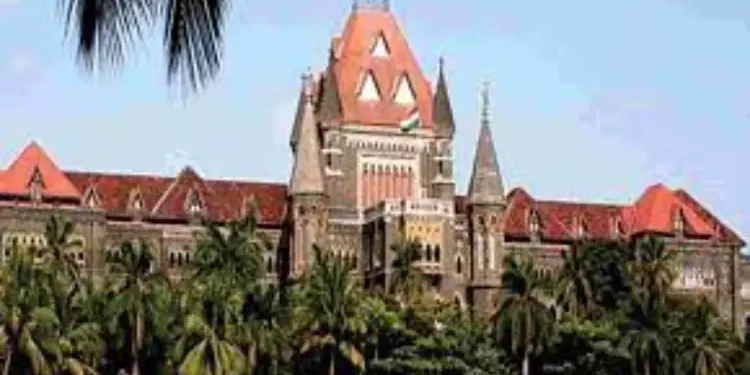The Bombay High Court has ruled that merely presenting newspaper cuttings does not serve as proof of sharing commercial expertise with its French counterpart as required by Section 80-O of the Income Tax Act.
The bench consisting of Justice K. R. Shriram and Justice Neela Gokhale noted that Section 80-O replaced Section 85C, which was removed by the Finance (No. 2) Act, 1967. During the discussion of the bill related to the Finance Act No. 2 of 1967, the then Finance Minister emphasized the need to provide fiscal incentives to Indian industries to encourage them to offer technical know-how and services to developing countries.
The appellant/assessee is a private limited company that entered into an agreement on February 2, 1987, with M/s. Arianespace France. Arianespace’s shareholders are all government-controlled companies associated with European space agencies and are unrelated to the appellant. Arianespace’s primary business is satellite launch services, placing satellites into orbit around the earth.
In an effort to penetrate the global satellite launch market and reduce costs, Arianespace sought to place bulk orders with subcontractors based on insights into the worldwide launch business obtained from their international network of consultants. The appellant claims to have been one such consultant appointed by Arianespace under the aforementioned agreement.
The agreement underwent revisions and extensions on December 10, 1987, February 20, 1990, and March 12, 1993. Under the latest agreement, the appellant was obligated to provide Arianespace with information on current regulations and market conditions in India. A fixed lump-sum compensation was agreed upon and was periodically adjusted upwards. The duration of the final agreement extended until December 31, 1996. Information required by the agreement was regularly sent to Arianespace by mail. Assessments and analyses were orally discussed during personal meetings with representatives from both parties to maintain information confidentiality.
The appellant received a sum of Rs. 75,11,850 from Arianespace during the relevant year, AY 1995–96. After deducting 20% towards expenditure, the appellant claimed a deduction of Rs. 30,40,740 under Section 80-O in its return of income filed for AY 1995–96. The Assessing Officer (AO) in his assessment order refused the deduction on various grounds, including the information provided by the appellant pursuant to the said agreement, which consisted solely of newspaper cuttings freely available and therefore could not be considered ‘information concerning commercial knowledge and experience’. There were no written reports or analyses provided. Additionally, the appellant lacked experience in the satellite business, and there was no evidence that the information was used outside India.
The appellant challenged the assessment order before the Commissioner of Income Tax (Appeals) (CIT(A)), whose appeal was dismissed.
The appellant then appealed to the Income Tax Appellate Tribunal (‘ITAT’), which also upheld the denial of deduction under Section 80-O.
The appellant argued that the fees received were in consideration for furnishing information concerning commercial knowledge and for rendering technical services. The Tribunal should have recognized the absence of written reports due to the confidentiality of the information. Relying on the provisions of Section 80-O applicable at the relevant time, it was submitted that the Section only required approval of the Chief Commissioner of Income Tax (CCIT) for the executed agreement, and the CCIT had indeed granted approval for the AY 1991–92, specifically considering the issue of furnishing newspaper cuttings and verbal discussions of reports.
The department contended that simply sharing newspaper cuttings does not qualify as providing information concerning industrial, commercial, or scientific knowledge, experience, or skill, which is a prerequisite for seeking deduction under Section 80-O of the Act. The appellant failed to provide any analysis, report, or assessments purportedly furnished to Arianespace, thereby disqualifying the appellant from the deduction under Section 80-O of the Act.
The court held that the AO was justified in verifying whether the shared information aligned with the requirements of the provision. Such inquiry was indeed required, and for that purpose, the appellant was obligated to provide supporting material justifying the deduction claim, based on which the CCIT had granted approval.

















